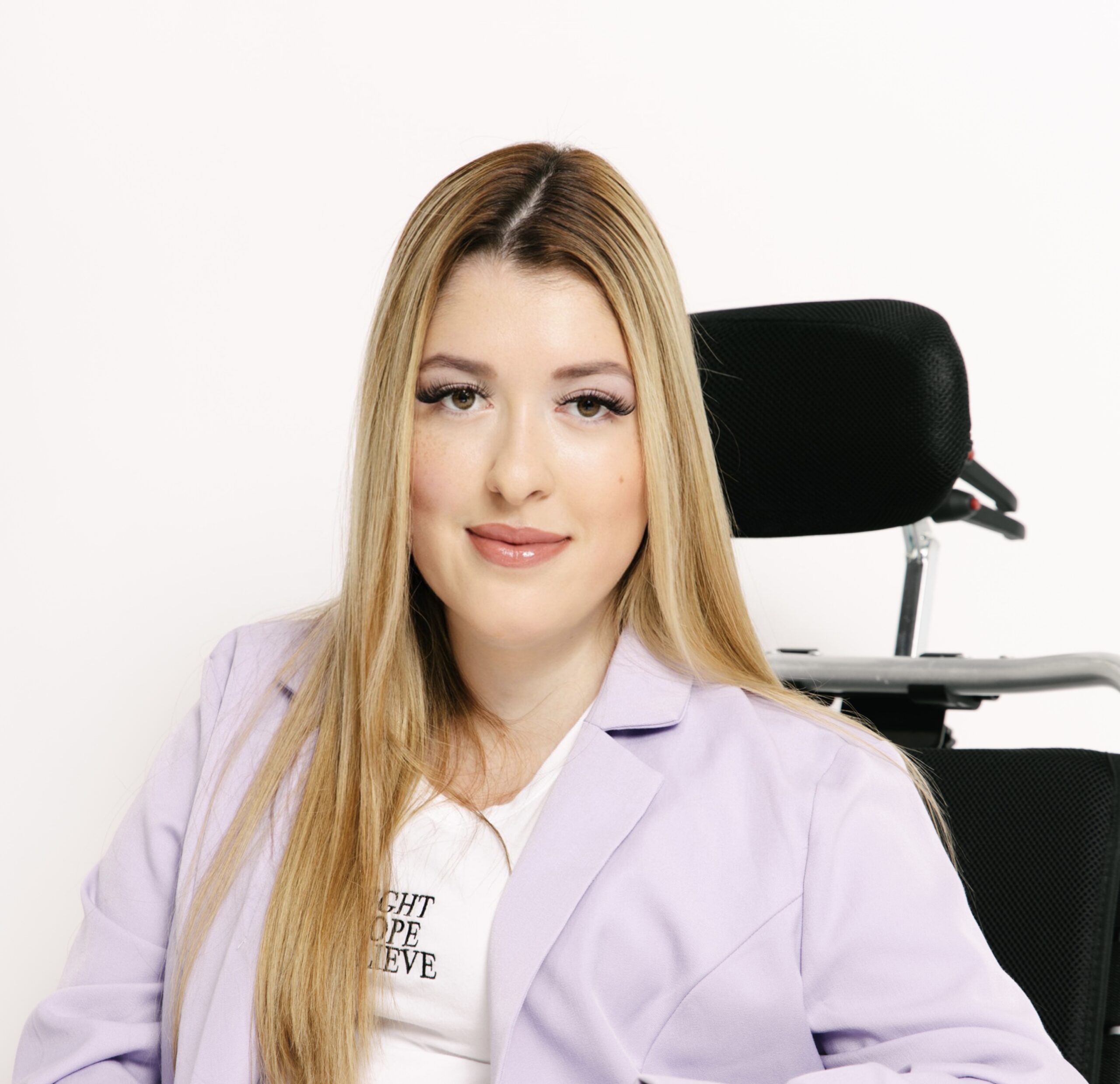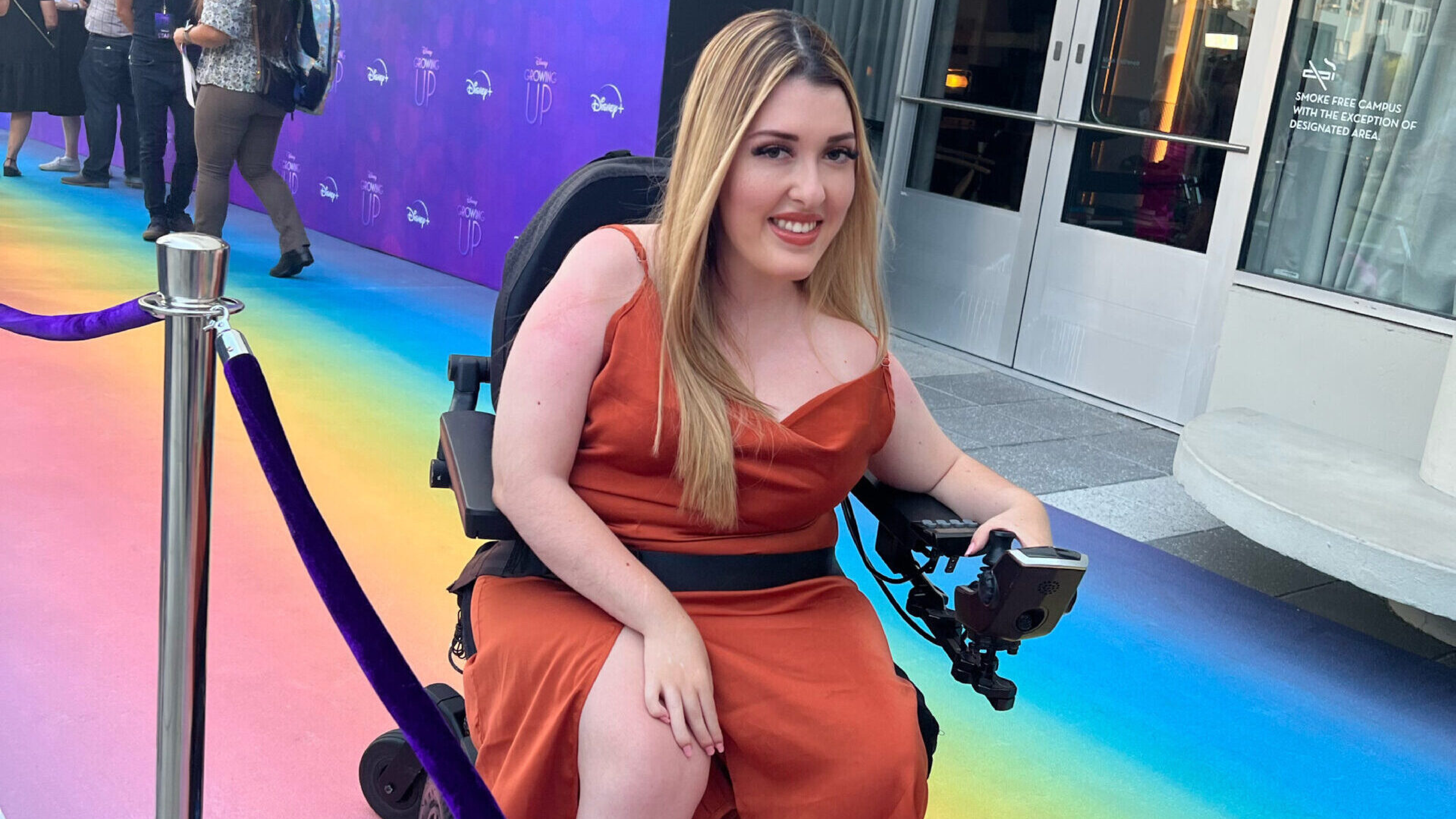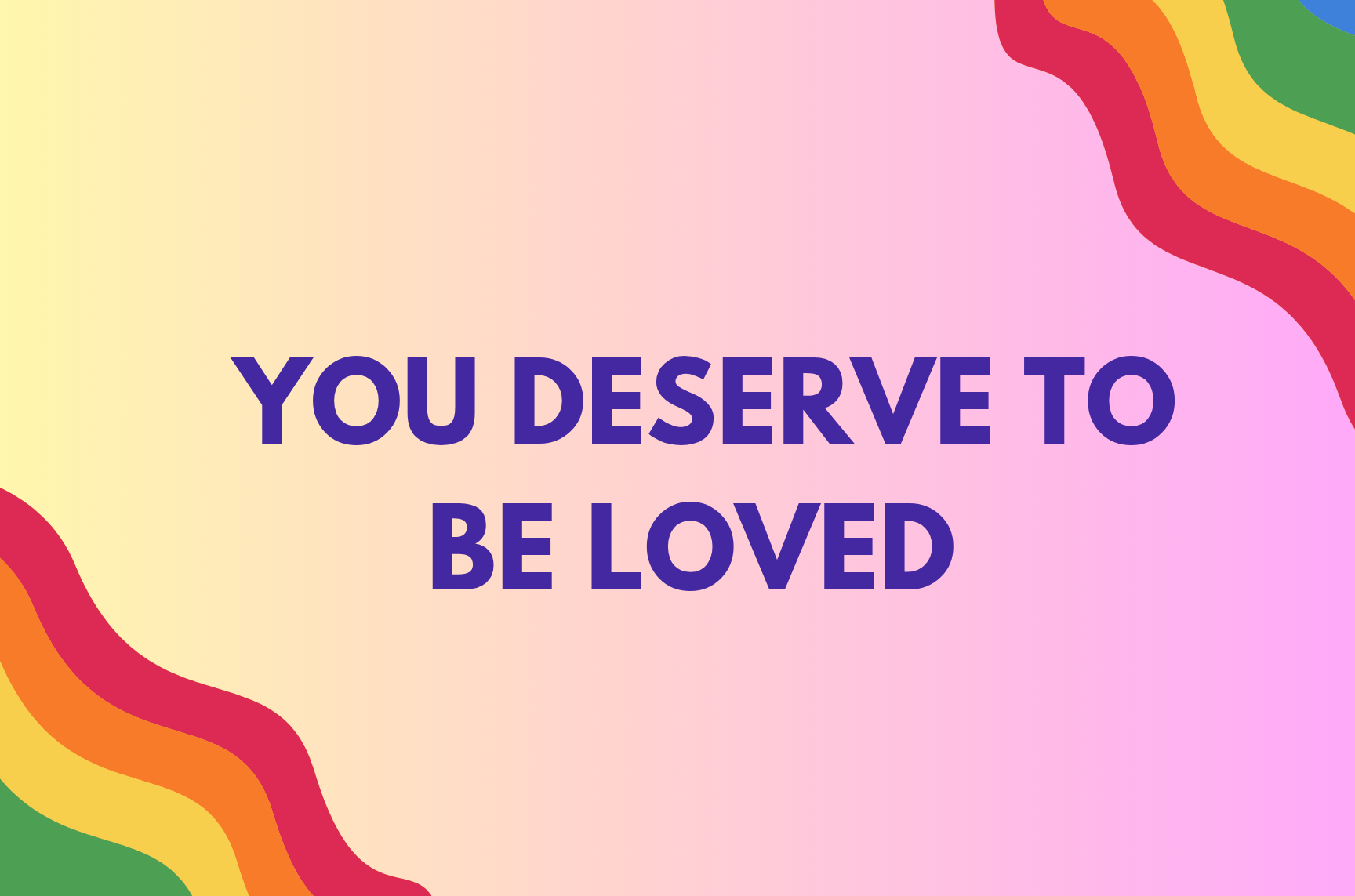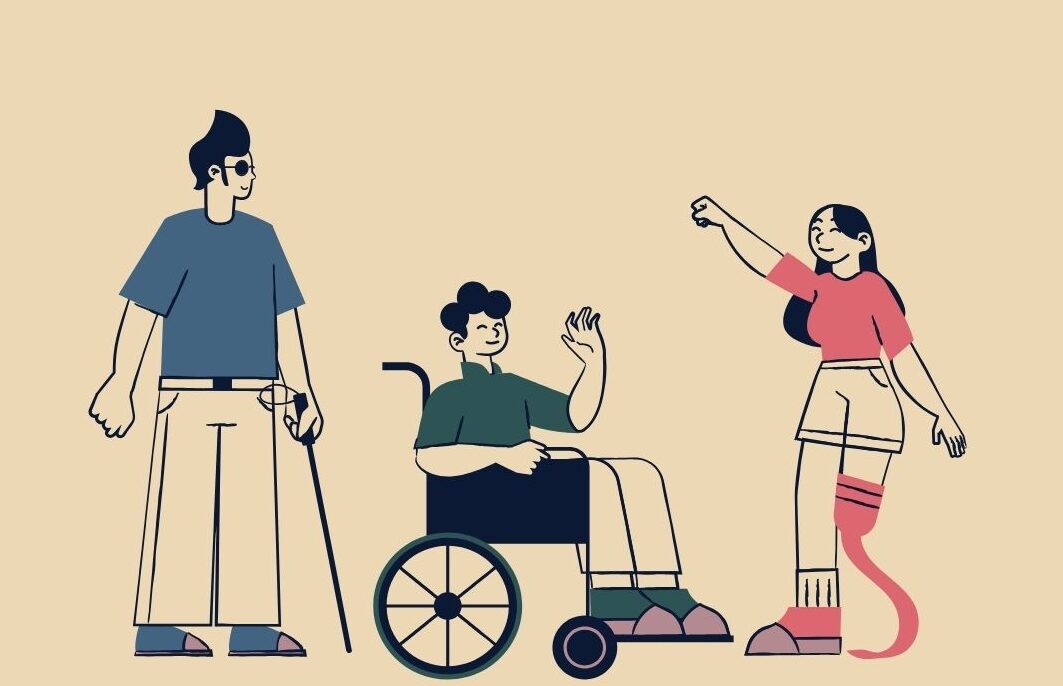For a long time in my early teenage years, the term “mental health” to me meant drinking lots of water, random depression quotes I saw on Tumblr, and some songs from the Born to Die album by Lana Del Rey. In 2013, these were mostly the most popular ideas floating around on social media when you looked up “mental health,” and just like any other tween at the time, I ate all of these ideas up.
As I listened to very sad songs by these 20-something artists such as Lana Del Rey, I wallowed in feelings of sadness that weren’t mine, and grieved relationships I never had. At some point, 11-year-old me probably moped around my parents’ house as if I really had smoked a thousand cigarettes and craved money, power, & glory (this is a nod to the iconic Money, Power, Glory song off of Del Rey’s Ultraviolence album). And as a tween who lived off of those aesthetic feeds, I thought that that is what issues surrounding mental health looked like.
Circa the peak of Tumblr, social media was in this very unique stage where almost everyone became aware of the term “mental health” and popular mental disorders, but no one was really talking about these topics in a healthy way or advocating for actionable change. Instead, many of these platforms became social media echo chambers in which the most popular posts glamourized mental health illnesses such as depression, anxiety, or even some eating disorders.
Which, in turn, created many 11-year-olds like me to further misunderstand and idolize people who had the above-mentioned mental health disorders, or, for many other teens and children, those posts on social media led them to have poor mental health. Researchers from Mental Health America studied the rates of mental health in youth over five years, starting from the year 2012 ending to 2015, and found that mental health in children was worsening; with the rates of young people with severe depression jumping from roughly 6% to 8.2%. Additionally, 76% of these youth are left with no or insufficient treatment, according to a report from Mental Health America.
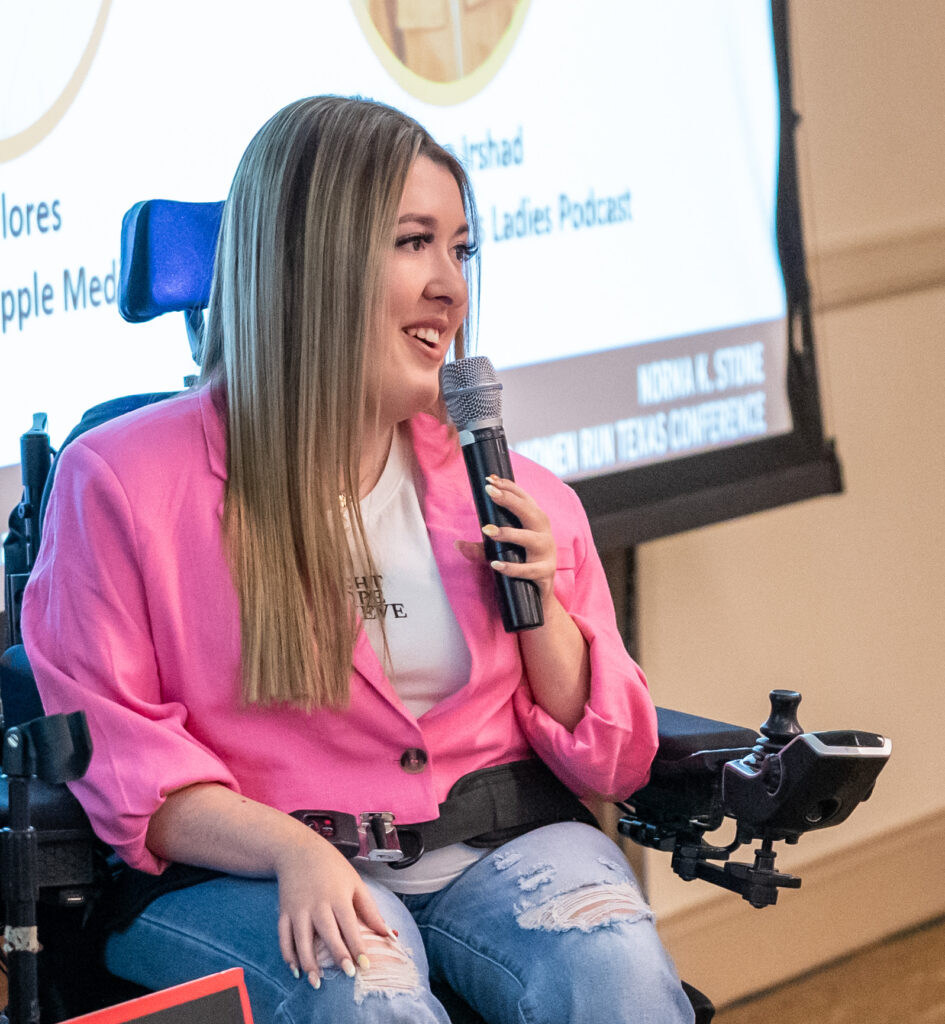
All in all, poor representation of mental disorders was definitely the mainstream vibe on social media at the time. And for me, a disabled person who is a wheelchair user, it was also particularly confusing to digest this type of content as well. Much because, not only was I not properly being fed information on how these disorders actually looked like and how they actually impacted people, but I was also not seeing content as to how mental health disorders could potentially be impacting people who looked like me, with bodies like mine.
The Therapy Access Project, a nonprofit that aims to connect marginalized communities with therapy services, writes that disability and mental health “intersect with one another in complex ways that [can] shape individuals’ identities and experiences, and have profound effects on people’s overall health and wellbeing,” in their latest blog post on disability and mental health.
Further, the nonprofit goes on to explain that one example of this can be that many disabled people experience physical challenges such as inaccessibility and extreme pain, or may experience social challenges due to ableism, such as being isolated or excluded from events due to social stigma.
This particularly hit home for me, as when I was younger, I had been entranced by those same “aesthetically-pleasing” posts that social media algorithms favored, which glamorized mental illnesses such as depression, however, I still remained unaware to my own mental health troubles that affected my day to day life. Going to school every day with caregivers who infantilized me and isolated me from the rest of my peers led me to have panic attacks every morning before going to school, and if my bus ever accidentally missed my bus stop and even remotely led me to thinking I’ll never be in my safe space again at home with my parents – I kept seeing nonstop, violent & gruesome images flash in my head of how I’d be physically abandoned forever.
Disabled people report frequent mental distress almost 5 times as often as nondisabled people do, according to the CDC. This lack of proper representation of mental health in mainstream media conversations, along with the lack of conversation surrounding the intersection of disability and mental health and what that could look like, led me to taking almost 13 years until I got a proper diagnosis of trauma and OCD.
Which is why, this year, on my almost one-year anniversary of being diagnosed with OCD and unlocking so many unanswered questions about myself, I urge mainstream society to continue talking about mental health, but also consider how this large topic affects the disability community as well. And actually, how these two communities – mental health and the disability community – so often go hand in hand.
To help continue creating change for the mental health and disability communities, and acknowledge their intersections, consider supporting these organizations below (or if you are a disabled person in need of mental health services, please check these resources as well!):
- Therapy Access Project: A nonprofit that aims to help marginalized communities in obtaining mental health services for FREE.
- International OCD Foundation (IOCDF): In case you suspect you or a loved one may be suffering from obsessive-compulsive disorder, the IOCDF has plenty of resources and community to help guide you to evidence-based treatments and support.
- American Association of People with Disabilities (AAPD): The largest nonprofit cross-disability member organization in the US dedicated to ensuring political empowerment for disabled Americans. This organization also offers many mental health resources and support for disabled people.
- National Deaf Therapy: A group mental health practice where all therapy providers are Deaf. This website also serves as a search engine in being able to search for Deaf mental health providers near you.




